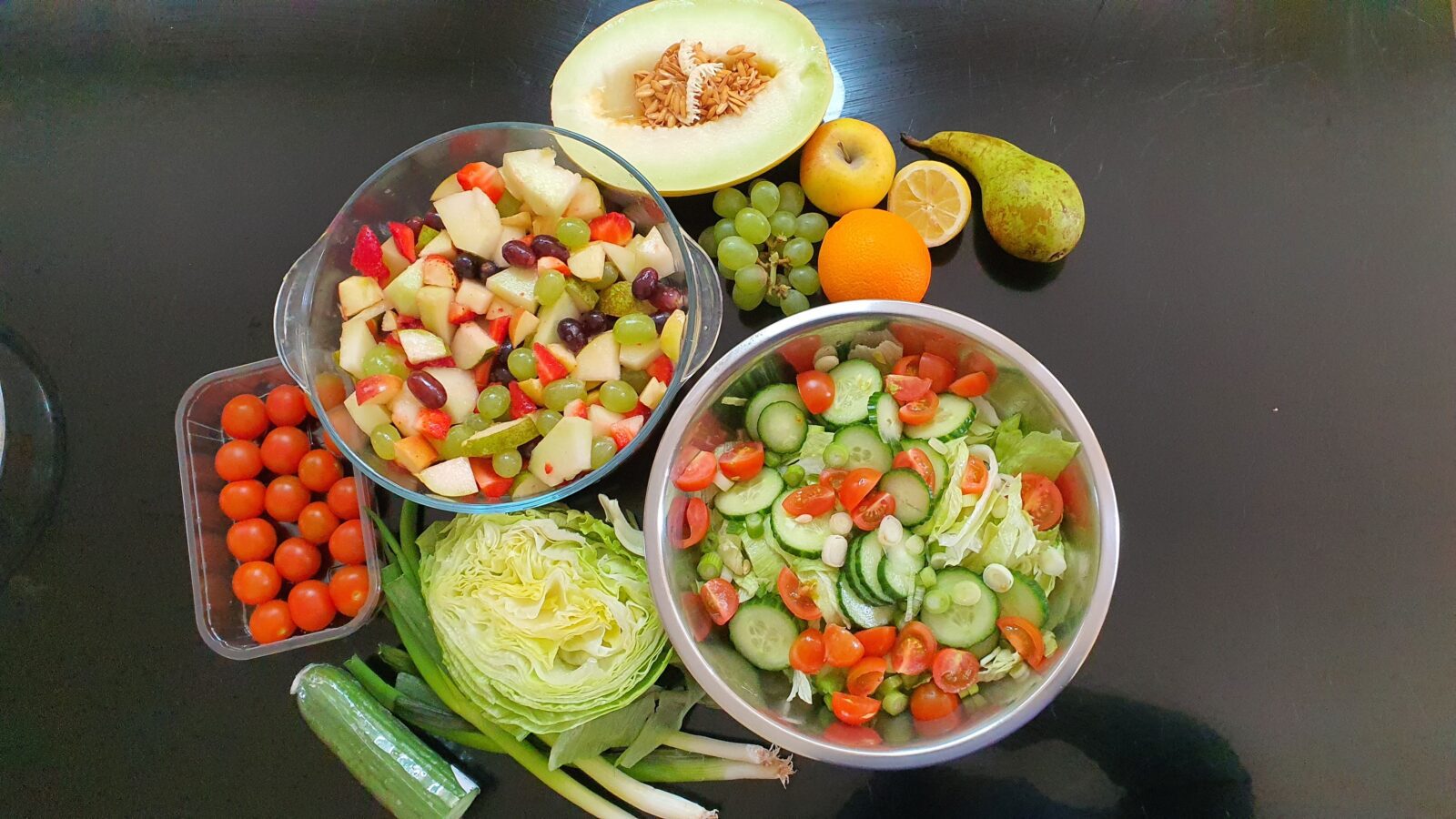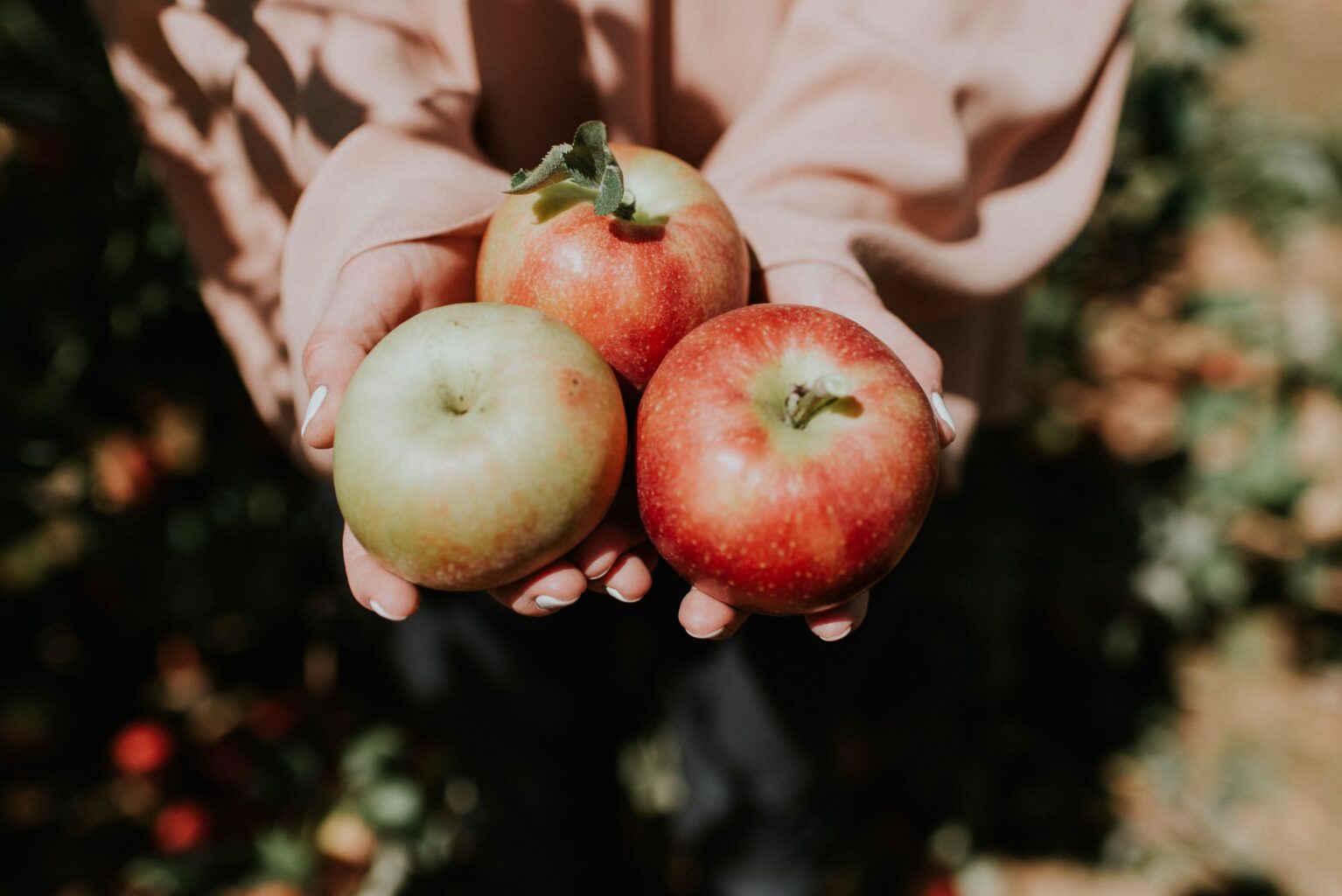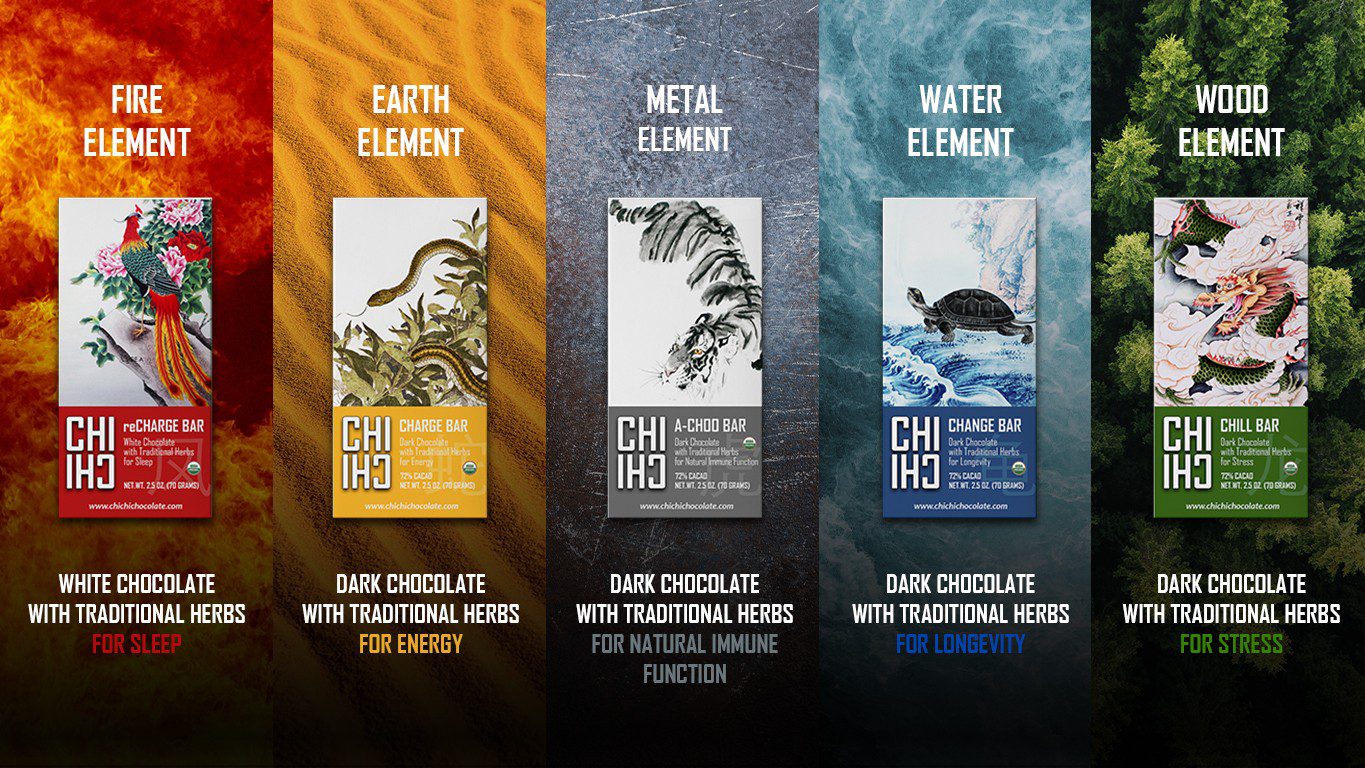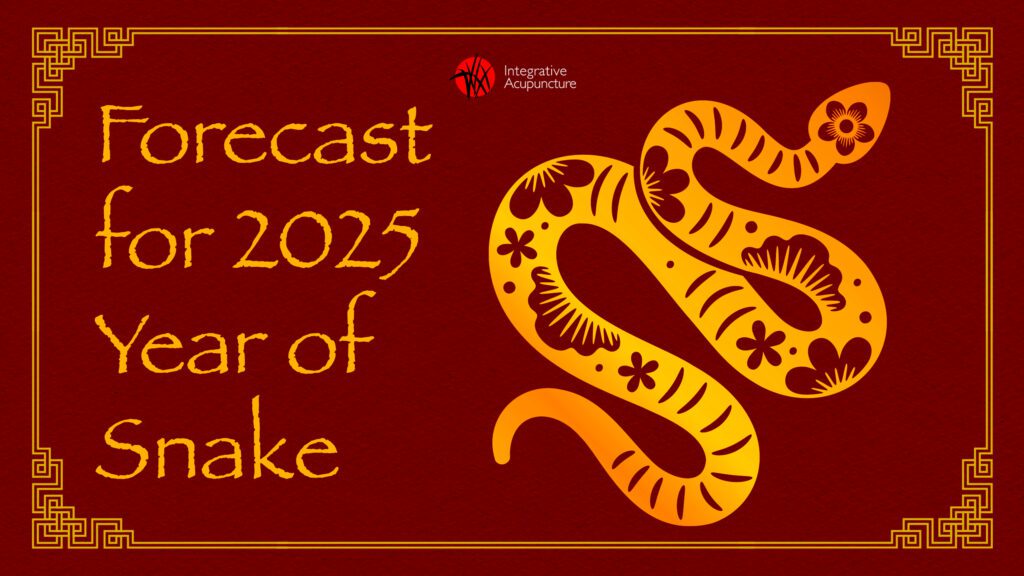Seasonal eating (the right way!) and Traditional Chinese Medicine (TCM) combine to help the body approach health and well-being, emphasizing the importance of harmony and balance in every aspect of our lives. Of course, TCM extends to our dietary choices, with a particular emphasis on aligning our diets with the ever-changing seasons. Each season calls for a different balance of foods and dietary measures to keep us up to par.
In TCM, seasonal eating is not merely a nutritional philosophy but a way to live in harmony with the rhythms of nature. The seasons offer a unique bounty of foods that not only taste best at their peak but also provide specific nutritional benefits that cater to the body’s seasonal and changing needs. Below is a list of foods for each season along with a short recipe, and a discussion on how Chinese dietary therapy can aid in managing several common conditions.
Seasonal Eating and Traditional Chinese Medicine
Spring
Ingredients: In the Spring, be sure to include leafy greens, sprouts, berries, lemons, asparagus, green beans, peas, and strawberries.
Recipe: Spring Green Salad
In a bowl, toss together a handful of fresh leafy greens, sprouted seeds, sliced strawberries, and peas. You can dress it lightly with a lemon vinaigrette for a refreshing spring salad.
Summer
Ingredients: Watermelon, cucumber, tomatoes, zucchini, bell peppers, apricots, and peaches.
Recipe: Chilled Cucumber Soup
Blend a mix of peeled and chopped cucumbers with plain yogurt, fresh dill, and a squeeze of lemon juice. Chill before serving for a cooling summer soup!
Autumn
Ingredients: During Fall, be sure to use Pumpkin, sweet potatoes, apples, pears, beetroot, and figs.
Recipe: Baked Apples
Core some apples and fill with a mixture of oats, cinnamon, and honey. Bake until tender for a warming autumn dessert. How delicious!
Winter
Ingredients: Root vegetables, hearty soups, stews, nuts, meats, and spices like ginger and cinnamon.
Recipe: Hearty Winter Stew
Sauté some root vegetables with your choice of meat, add in warming spices, and let that simmer until everything is tender and flavors blend together.
Dietary Therapy for Common Conditions
Chinese dietary therapy can aid in managing and preventing various common conditions, often complementing other TCM treatments. Examples include;
1.) Digestive issues such as bloating, indigestion, and constipation can be managed by avoiding cold and raw foods, especially in the winter. Warming foods that aid digestion, such as ginger and cinnamon, are recommended.
2.) For colds and the flu, warming foods like garlic, onion, and leek can help fend off viruses. If a cold has already set in, cool and light foods like mint tea or pear soup can alleviate symptoms.
3.) Inflammation can be managed with cooling foods like cucumber, watermelon, and mint. These help alleviate inflammatory conditions, while warming foods like ginger can stimulate blood circulation and promote healing.
4.) For moodiness, certain foods can help balance the body’s Qi, leading to improved mental health. For example, the sweet taste, associated with the Earth element, can provide comfort and aid in stress management when consumed in moderation.
5.) Lastly, for insomnia, TCM recommends a balanced diet to ensure a good night’s sleep. For instance, sour foods can help restrain the mind, aiding those who have trouble sleeping due to excessive thinking and overactive minds.
Seasonal eating, understanding the thermal qualities of foods, and balancing your diet according to the seasons, can promote overall health and manage common conditions in a harmonious and natural way. If you are in need of guidance, one of our providers at Integrative Acupuncture can help you achieve your seasonal AND long-term health goals. You can book your appointment here!









